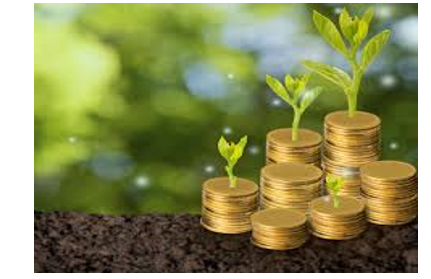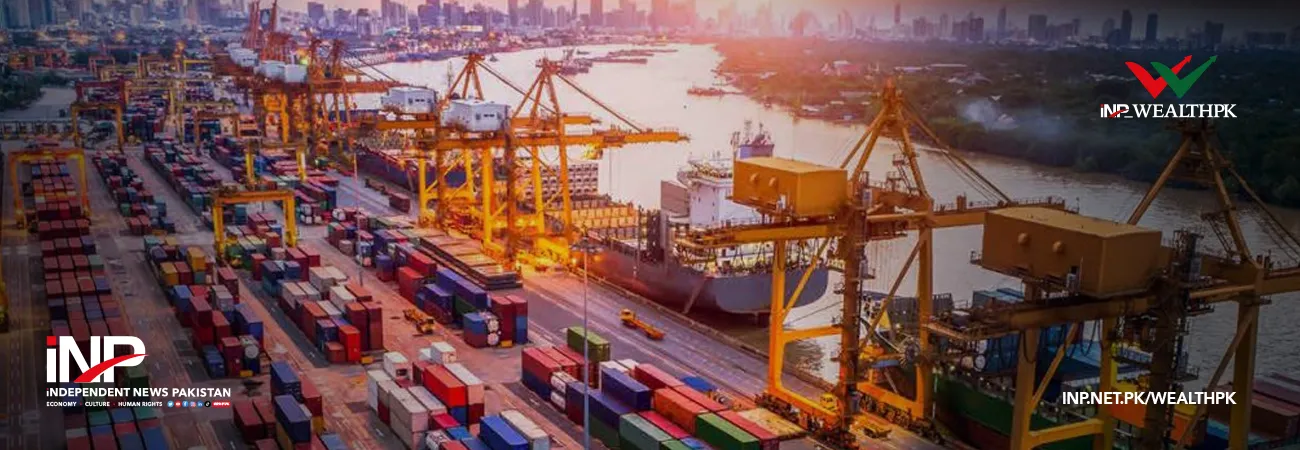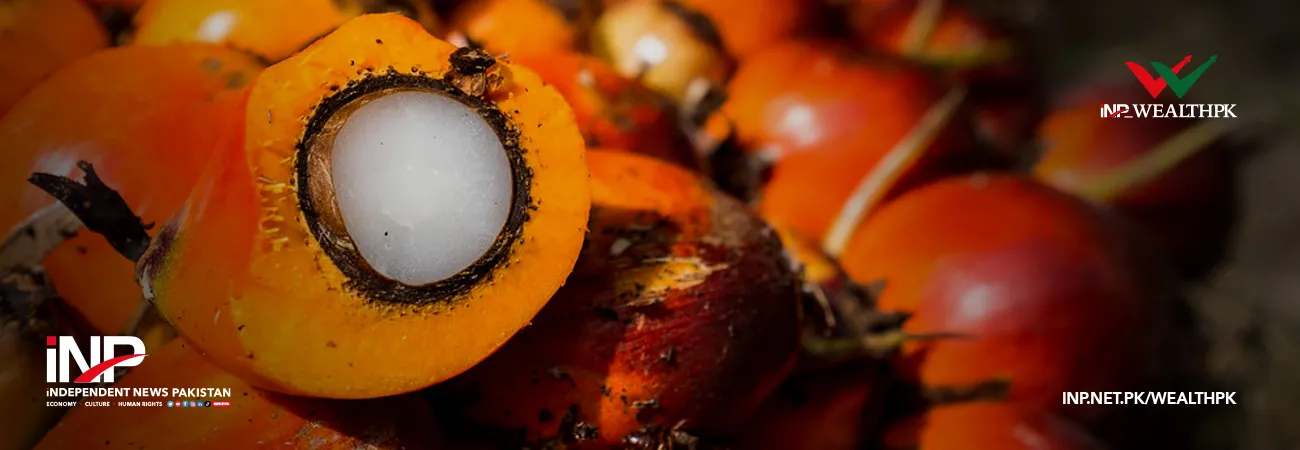INP-WealthPk
Ayesha Saba

To promote green banking in Pakistan, a comprehensive regulatory framework is needed to ensure the adoption of eco-friendly banking practices. Additionally, capacity-building initiatives should be implemented to enhance the environmental risk management knowledge and skills of bank staff. In an interview with WealthPK, Senior Investment Advisor at Meezan Bank Muhammad Daniyal said, sustainable real estate in Pakistan can address environmental challenges, boost economic growth, and improve people' quality of life. Pakistan faces several challenges in adopting and implementing such practices such as low customer awareness of green banking, high investment costs, and technical challenges. “Achieving this requires collaboration among the government, private sector, and civil society to promote green construction, update regulations, and raise public awareness. Through collective efforts, Pakistan can unlock the full potential of sustainable real estate for a better future,” he said. He added that green banking, known as sustainable banking, involves incorporating environmental considerations into banking operations, investments, and lending practices to support sustainable development and mitigate the effects of climate change.
The official noted that numerous banks have started offering incentives for eco-friendly initiatives in various industries to lower carbon emissions and effectively utilize the renewable energy for sustainability. Several banks have introduced green financing products, including green loans for renewable energy projects, energy-efficient equipment, and sustainable agriculture. An official of National Energy Efficiency Conservation Authority (NEECA), who wished to remain anonymous, told WealthPK, “NEECA is taking the lead in a series of initiatives aimed at fostering energy efficiency in the building sector. A key initiative involves the formulation and execution of ECBC. It will provide a roadmap for sustainable development, ensuring that every new building adheres to the energy-efficient practices and incorporates cutting-edge technologies.” Shedding light, the official said, “The scope of ECBC-2023 includes several aspects of building design and construction. These include new buildings and their systems, new systems and equipment in existing buildings, and an increase in the electricity load beyond the prescribed limits.
The code also covers the retrofitting of conventional buildings to convert them into energy-efficient buildings.” The Pakistan Banks Association (PBA), in collaboration with the International Finance Corporation (IFC), has recently organized a workshop to highlight the benefits of investing in green and resilient real estate. The initiative aims to enhance the capacity of banks to support green projects, contributing to long-term economic stability and growth. The participants were introduced to the IFC’s Sustainable Cooling Initiative and other programs like EDGE IFC’s (Excellence in Design for Greater Efficiency) and MAGC (Market Accelerator for Green Construction), which provide tools and financing for sustainable building practices. This collaboration seeks to promote a low-carbon economy, benefiting banks, developers, consumers, businesses, and the government. The World Bank Group's report highlights a $5.5 billion investment opportunity in energy-efficient buildings in Pakistan by 2050, which would reduce emissions, lower costs, and create a more resilient infrastructure.
Credit: INP-WealthPk













